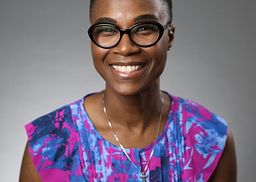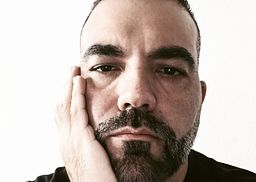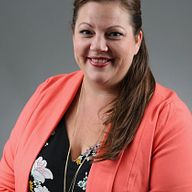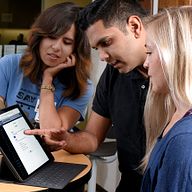Meet our members – the incredible educators training the next generation of talented, innovative, compassionate healthcare providers. Learn how PA educators across the country are working to overcome significant challenges, create more diverse and inclusive communities, and strengthen their programs for the future.
Putting Learning Into Practice
In this new article series, we are featuring how our members are taking what they have learned through the professional development opportunities offered by PAEA and applying it to practice.
Share Your Learning Story With Us
Submit InformationThe PAEA Vignette Project
Sharing your stories to explore the experiences of underrepresented in medicine faculty and their allies.
This project will collect, review, and organize a collective of vignettes from underrepresented in medicine faculty (URiM) and their bold allies. From your shared stories, we will be able to provide a useful resource aimed at understanding the experiences of URiM faculty and facilitate critical conversations to transform higher graduate medical education environments. Vignettes are short, descriptive stories of an incident that occurred within a PA program that provides leadership and faculty of examples that URiM faculty struggle with (i.e, microaggressions, lower student evaluations, just to name a few). For URiM faculty, these are typically the stories we tell when we are in community to seek affirmation and support. This project comes in the heals of the powerful DEI webinar series facilitated by the DIMAC, where they used a skit to convey everyday challenges when advancing equity conversations within the admissions process. Additionally, Shani Fleming, MSHS, MPH, PA-C, associate professor and chief equity, diversity, and inclusion officer at the University of Maryland Baltimore PA program, has developed a group called Melanin Magic where faculty of color meet informally to support and listen to each other. URiM faculty find this space affirming and provides support when they are the only person of color in their programs.
We want to create a safe space for members to submit their stories. If you share your contact information, it would be to keep you in the loop of the development of the project and assist the team to learn how you would like to participate. We will NOT publish these stories publicly with identifiable information. We will de-identify your story if we find them to have a connection to you.
- It is a story. Be creative. It is a narrative but not a dialogue, case study, or scenario.
- It is short. 50-200 words.
- It is relevant. It simplifies a real-life situation that is relevant to issues related to URiM faculty in PA programs.
- It allows for multiple solutions or responses. It is intended to encourage independent thinking and unique responses. It includes a prompt with instructions and a set of tasks, i.e., specific issues to be addressed by the program to benefit URiM faculty.
Some potential vignette topics you can provide insight on are:
- Discrimination based on your national origin, race, color, religion, disability, sex, sexual orientation, and familial status.
- Workload equity
- Student evaluations
- Peer Interactions
- Isolation
- Overt/Covert Racism
- Microaggressions
- White Fragility
- Lack of mentorship
- Promotion/Tenure
- White Centric Culture
- “Lip service” (disconnect between statements of support versus action)
- “Pushback” (resistance about race being a barrier)
- Issues incorporating JEDI curriculum
- When your colleagues skirt around topics of race, racism, etc.
- Challenges with white students when you are URiM
- The personal connection to topics of health disparities
- Being the voice for everyone in your demographic group
- Hostile work environments
- Tokenism in the workplace
- Experiences of being an ally when URiM are not present
- Experiences of being an ally to challenge the status quo
- Barriers to retention
- Barriers to recruitment










